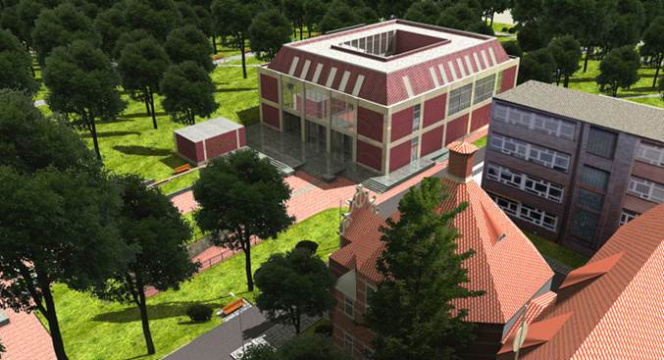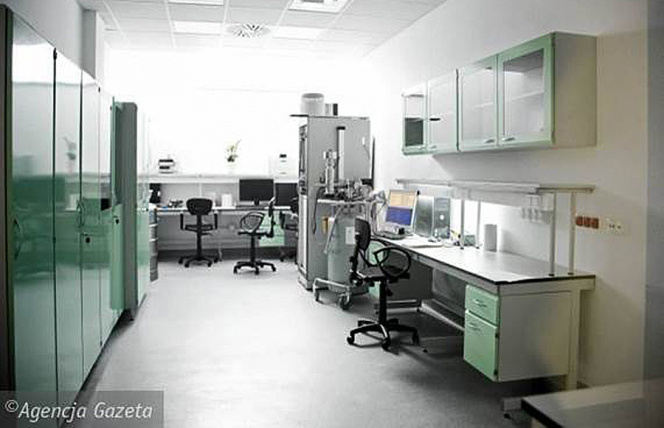Nanotechnology
Nanotechnologyis a discipline of science and technology that deals with everything on the nano scale, that is, at the level of individual atoms and molecules. The essence of nanotechnology is the controlled creation and use of nanometre-sized materials and structures, devices and systems. It’s almost certain that nanotechnology will be used with great success in many areas such as electronics (where molecular electronics circuits will be the basic building blocks of future computers), electrical engineering, material technologies (manufacture and design of new materials with extraordinary properties such as very light materials with high mechanical strength, non-flaking paint, self-cleaning fabrics, glass, etc.), medicine (e.g. nano- and microsensors, portable laboratories for immediate analysis, devices implanted in the body and monitoring the state of health). Nanomaterials, nanostructures will certainly be used in pharmaceutical applications to precisely deliver drugs, to destroy individual cancer cells or to protect other cells. Nanotechnology is not an abstract invention of humanity. Many structures found in living tissues and cells themselves are a type of nanostructure controlled at the level of individual atoms or molecules.
First-degree (engineering) stationary studies last 7 semesters and in addition to basic subjects offer specialized ones in the field of nanotechnology fundamentals, computer modeling of materials, technologies for obtaining nanomaterials and physical and mechanical investigation of nanomaterials.

The second degree (master's) full-time studies last 3 semesters and offer specialized lectures such as experimental nanotechnology, solar energy conversion, photovoltaic cells and light-emitting diodes, electronic and magnetic materials, fuel and thermoelectric cells, computational nanotechnology and nanosensors.
In addition to lectures, exercises and seminars, students use modern laboratories of the Nanotechnology Center of Gdańsk Tech, equipped with modern educational and research equipment, such as AFM/STM educational microscopes, multifunctional AFM/STM microscope, scanning electron microscopes, optical microscopes, confocal microscope, thin inorganic layer deposition devices, nanoindentometers, microhardness meter, X-ray diffractometer, x-ray photoelectron spectrometer, IR spectrometer, DTA-DSC thermal analysers together with mass spectrometer and electro-magnetic property ivestigation set (in the temperature range of 5-400K).

During the course of studies, apprenticeships are carried out both in industry and in research institutes throughout the country. Graduates of this field find employment in universities, leading scientific and research institutes of the Polish Academy of Sciences, companies related to the chemical, pharmaceutical or electronic industry, such as Jabil, Polpharma SA, Impuls, Techno-Servis and others.
Detailed study programs can be found >>HERE!



